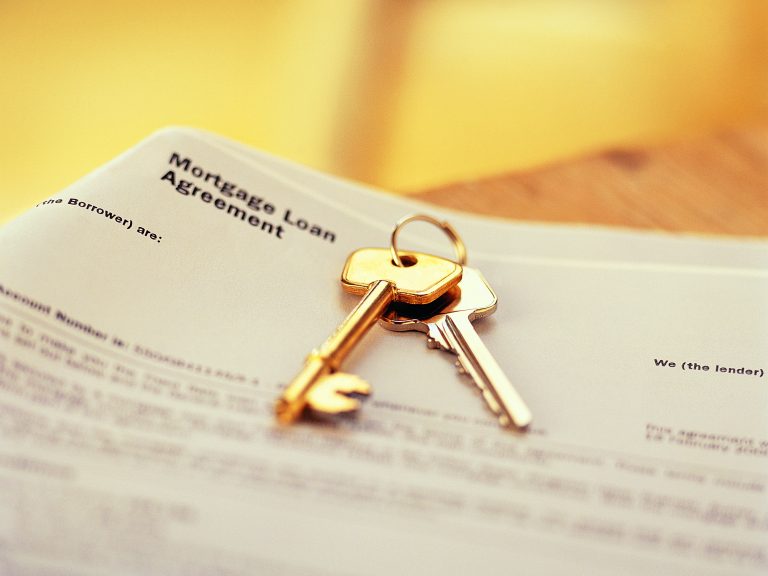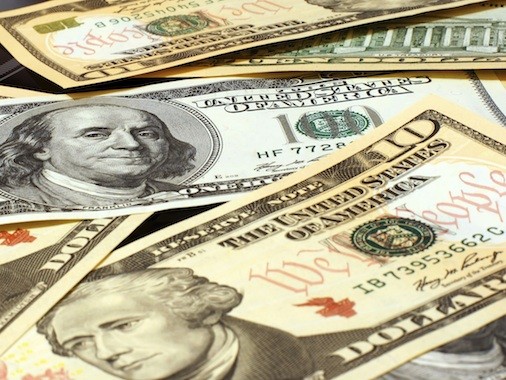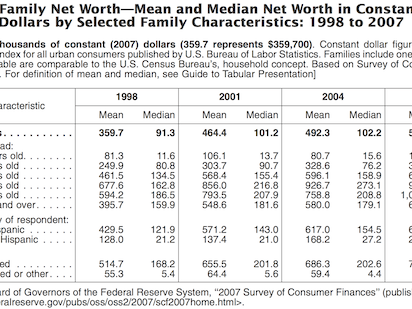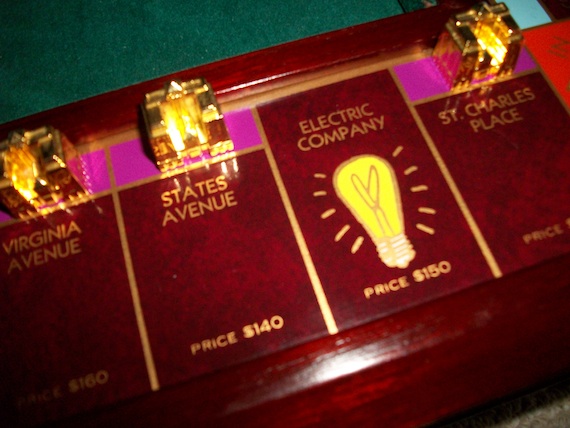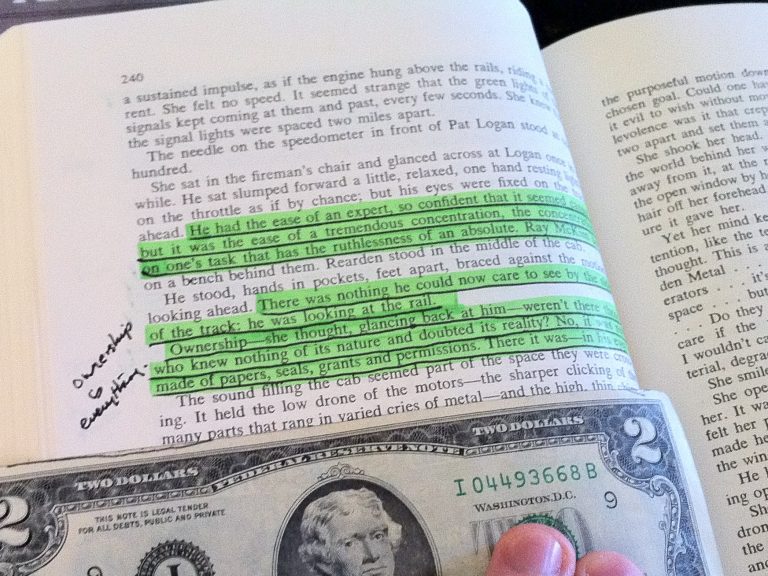[vc_row][vc_column][vc_column_text css_animation=”none”] [/vc_column_text]
[/vc_column_text]
I think the major tipping point in terms of wealth creation and financial freedom probably comes somewhere around $650,000 in productive assets with little or no debt. That isn’t an arbitrary amount of money. It comes down to a function of economics. That is an important distinction – your house, car, and furniture aren’t productive…
In 1928, Irving Fisher published The Money Illusion (seriously, buy it – it’s only $7.95), which discussed the human fallacy of thinking about things in the nominal currency of your home country instead of in terms of purchasing power. The concept phrase “money illusion” was coined by legendary investor and economist John Maynard Keynes. The…
I’ve written a lot about the economics of household income over at Investing for Beginners at About.com, a division of The New York Times. [mainbodyad]Most economic data, as I explained there, comes in the form of regular households that are easily understandable to the average worker. For example, to be in the top 5% of household…
According to the Census Bureau’s report (§963 Mortgage Characteristics – Owner Occupied Units), as of 2007 when the most recent data was available, the United States had 75,647,000 owner-occupied households. Of these, 24,885,000 had no mortgage. That is, not a single penny was owed the bank and the homeowner had total equity in the property.…
A question about social mobility was posed to me as follows: Do you think that you ever oversimplify the ease of social mobility and financial success? I think that if you’re at least mildly intelligent, hard working, and have a knack for perseverance, your advice is excellent, even life-changing. But I think about some of…
Household net worth is the value of assets such as a house, car, stocks, retirement accounts minus debts, mortgages, credit card debt, etc. The median figure is what matters – it is the point at which half of people are richer than you and half are poorer than you. Mean is meaningless because people like…
Following the calculations I did last week, adjusting Monopoly for inflation as if it were real life, I began to speculate about what it would take for the average, regular, typical American citizen to “feel” rich. [mainbodyad]I think the average American would feel really, really well off at the equivalent of a light purple Monopoly…
I’m going to prove that the average school teacher earns more money than Tom Cruise. No, seriously. In my article Exchange Your Best Efforts for the Best Efforts of Others, I was discussing the idea of Ayn Rand that money is a by product of virtue in a free society where no exploitation or theft…
I woke up this morning, wrapped myself in the warmth of the substantial and soft terrycloth Brooks Brothers bathrobe, and went to have breakfast. Instead of the usual, I chose a blueberry muffin topped with brown sugar crumble and a cup of strong black coffee as I started reading Atlas Shrugged immediately, my eyes barely…
Over at Above the Law, Elie Mystal wrote an article called “Earning $250,000 Does Not Make You Rich, Not In My Town” … even though that income level means earning more than 97 out of every 100 households in the United States.
[vc_empty_space][vc_column_text css_animation=”none”]

[/vc_column_text][/vc_column][/vc_row]






